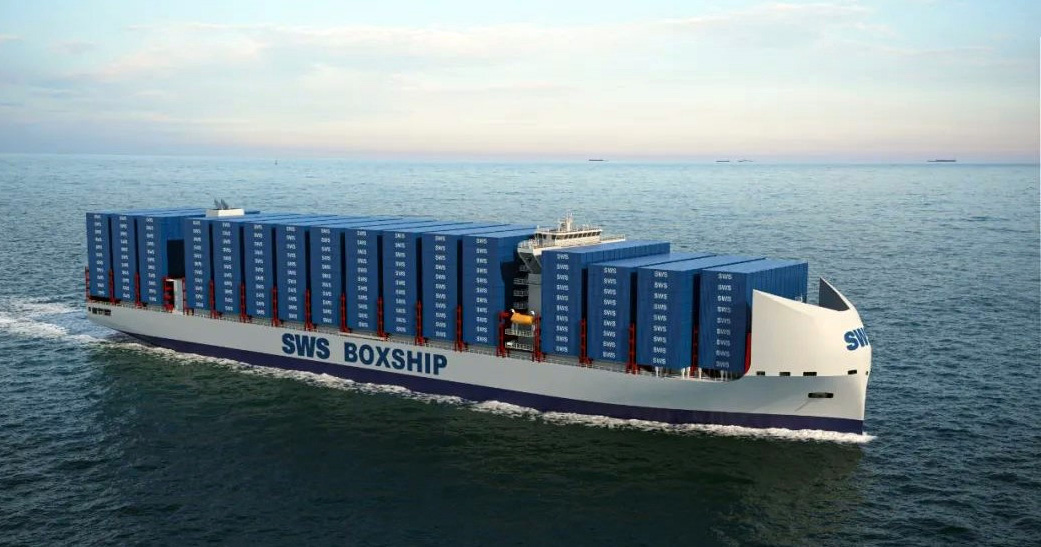The latest statistics from DNV’s Alternative Fuels Insight (AFI) platform found that a total of 298 ships with alternative fuel propulsion were ordered in 2023 – an eight per cent increase year on year.
The year also saw methanol go mainstream, with a sharp increase in orders (138) putting it neck and neck with LNG (130). Additionally, 2023 marked a breakout year for ammonia, with 11 orders for vessels run on this fuel, and more in the pipeline.
Faced with increasing pressure to reduce greenhouse gas emissions, including stricter targets set by the International Maritime Organization (IMO) in July 2023, the maritime sector is considering a range of decarbonization options.
Through its AFI platform DNV registers the industry’s efforts related to newbuild vessels and retrofitting with 298 orders for vessels able to run on alternative fuels logged in 2023, and a total of 1281 ships overall.
Knut Ørbeck-Nilssen, CEO Maritime at DNV, said: “As we navigate towards a greener maritime future, the growing demand for alternative-fueled vessels speaks volumes. These orders send pivotal signals to fuel providers and other important partners on shipping’s decarbonization journey.
“While it is clear that the maritime fuel technology transition is already underway, we now need to ensure the fuels powering these engines become available.
“It is however crucial to emphasise that focusing solely on fuels may divert our focus from achieving significant impact in this decade. What is required are concrete measures that actively lower emissions. Energy efficiency initiatives can yield decarbonization outcomes both now and leading up to 2030.”
By a small margin, methanol proved the most popular alternative fuel choice in 2023 with 138 ships ordered (excluding methanol carriers), a steep increase compared to the 35 ordered to run on this fuel the year before. The dominating segment for this fuel was container ships (106), followed by bulk carriers (13) and car carriers (10).
The second alternative fuel of choice in 2023 was LNG with 130 vessels ordered, down from 222 in 2022. However, when looking at newbuilds alone LNG would be in the lead as a considerable proportion of methanol orders were for retrofits. Last year also saw LNG finally break the 1000 vessel barrier (excluding LNG carriers), showing the fuel’s continued importance in the maritime energy transition.
In 2023, the containers segment was the most active (48) for LNG, followed by car carriers (40), and tankers (30). The year also saw the first orders for vessels due to run on ammonia (11) come through, whereas with just five orders, hydrogen was a less popular choice compared to the previous year (18).


